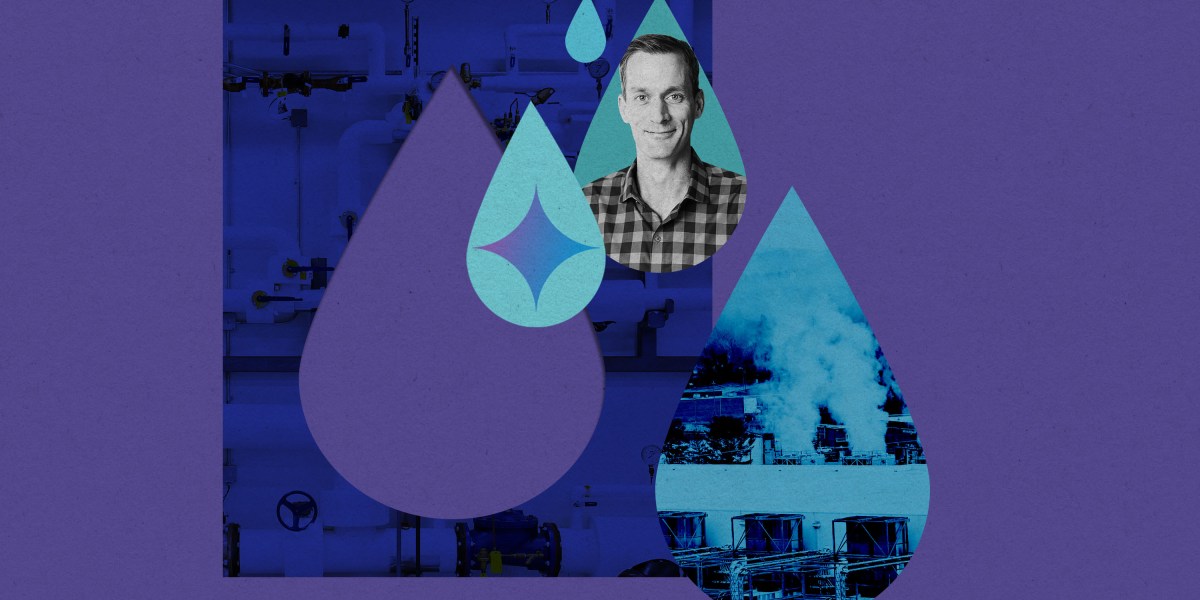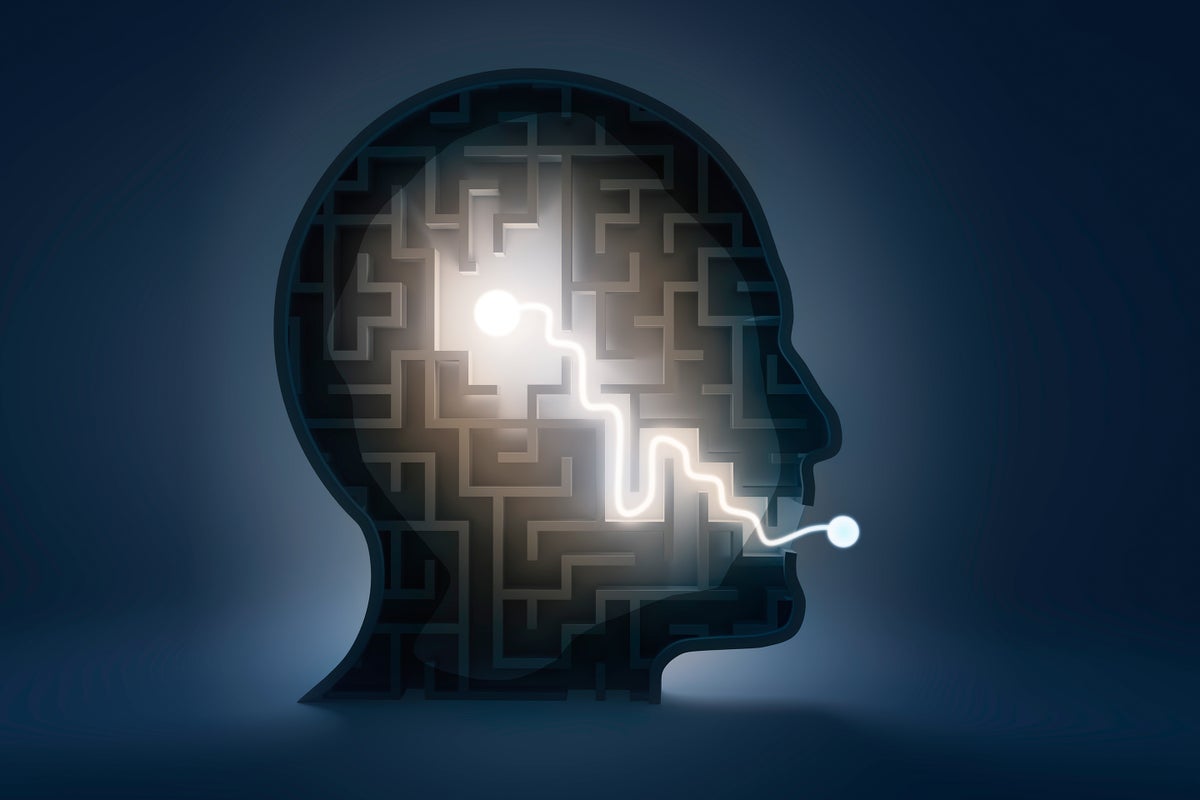Focus brings clarity: on Resistance, Choice and Collective action in the tech world

how can we use tech to build the better world we all know is possible? I'm Maddy, founder of Launchbot. This is a maybe-regular roundup of some of the signals that spark ideas and give hope
Launchbot is evolving.
Launchbot is evolving to not only help you grow, but help you grow ethically and sustainably.
The latest version of Launchbot focuses on the question: What is ethical growth?
For some organisations it means staying small and moving slowly. For others, growing global would enable you to help more people and the world.
Launchbot’s new Ethical Framework will help walk you through the different considerations related to Ethical Growth.
Launchbot will then fine-tune your growth strategy to be in line with your values. It also recommends tools for growth that match your principles.
It helps you grow, but helps you grow with long-term integrity, ensuring the decisions you make now serve you well in building a better future.
Sign in to Launchbot and check out the new Ethical Growth tab. I’d be grateful for your thoughts and feedback - just hit reply and send me a line.
In the world of rebellion, AI and impact
Headlines in rebellion:
- European search engines Qwant and Ecosia launch Staan, a privacy-first search-index alternative to Google and Bing that lets AI and app developers search the web with more sovereignty and less cost
- Researchers use AI tools and the UN Special Rapporteur's report to map "corporate involvement in Israel's economy of occupation and genocide"
- Policymakers think that only 37% of the public support climate action, when in reality it's a whopping 69%
- China builds record-breaking floating wind turbine that generates enough power for 6,300 households
- Australia's beaches are around 40% cleaner than a decade ago thanks to plastic bag bans and container deposit schemes
What this means for your project / business / movement:
- The rebellion against Big Tech is getting infrastructure. If you're building something, watch this space - better, cheaper, more ethical alternatives to the tools you use today are coming.
- This disconnect between perception and reality could be part of why political appetite for real action is so scant, and suggests that correcting the perceptions of policymakers could be a relatively easy way to encourage more action. If you're working on climate or social impact, don't hold back - the research shows you've got twice as much backing as policymakers realize.
- Communicate your idea's basic assumptions. There's a lot of internal thinking we do when we develop a project or campaign, and it's important to validate that and share it with people to move the needle around public perception.

Light travels very, very quickly. Fast enough to travel around the planet seven and a half times per second.”
—All the lovers in the night, Mieko Kawakami
In more depth:
- ICJ rules that countries have to pay redress for climate damage
The ruling by the International Court of Justice makes clear that the court believes states must actively prevent harm to the world's climate system. States that fail to act accordingly may have to pay compensation, restore damaged ecosystems, rebuild infrastructure or face further legal challenges. It's not legally binding, but it creates the possibility of massive emitters being successfully sued, and could be the first step in some seismic shifts around legal culpability for fossil fuel damage. "For those regarding international rules on climate change as unimportant in law, the ICJ's advisory opinion will be a wake-up call."

- AI is going to start hurling ads at you
As the AI development race vacuums up incomprehensible amounts of financial resources (as well as natural ones), the companies behind the models are coming up with more ways to increase their profits. Enter the next era in pervasive ads. The Husk has signaled he's going to introduce ads into Grok, Twitter/X's AI chatbot. OpenAI CEO Sam Altman said he’s open to a “tasteful” form of advertising in ChatGPT. And Amazon has suggested adding ads into conversations with Alexa. Alexa sits in the home which makes this one the most confronting, and from the article it sounds as though in-conversation ads would even be added to paid Alexa+ plans.
What's the best way this could be used?
- AI could prompt people to make more ethical consumer choices or donate to chosen causes that they've shown an interest in.
What's the worst way this could be used?
- If users cannot distinguish between neutral answers and paid messages, the technology will be manipulative. Ads disguised as helpful advice could quietly steer people’s political beliefs, purchasing habits or emotional decisions. Vulnerable individuals and everyone on their more vulnerable days or at vulnerable stages of life would be susceptible to exploitation.

Boundedness
A local kami is a guardian spirit. It is not an all-powerful god that reigns over everything; it is the spirit of a particular place. There might be a kami of a specific river, a particular forest, or even an old tree. Its entire existence and purpose are interwoven with the health of that one thing. The river's guardian has no ambition to manage the forest; its purpose is fulfilled by ensuring the river thrives.
Most technology today is built for infinite scale. A successful app is expected to grow forever. But the kami model suggests a different goal. We can design AIs to be local stewards—kami of care.
—Plurality& 6pack.care, Audrey Tang
AI thirsts:
England recently told millions of people to delete their emails to save water during a drought, due to to the incredible water use of data centers. This article mentions Google's Oregon facility, which used 1.3 billion litres of water in 2021, enough to fill 538 Olympic pools.
At the same time, Google became the first major AI company to publish the amount of resources its AI uses, estimating 0.24 watt-hours of electricity (one second of microwave usage) and 5 drops of water per query. That might not sound like much until you multiply it by billions of daily questions.
And separate dry areas around the world are merging into four "mega-drying" regions that scientists describe as "like a creeping mold spreading across the landscape."
What this means for your project / business / movement:
- Digital has a physical footprint. Every email, every AI query, every cloud backup uses real water and energy. This is becoming a social justice issue as AI competes with local communities for resources.
- Transparency is coming. Google's disclosure is just the beginning. Be ready to answer questions about your AI usage and environmental impact.

Tech reads minds:
Scientists at Stanford have created the first brain implant that can read your inner monologue - the voice in your head - and turn it into text on screen. The system works with a vocabulary of 125,000 words. Users can mentally say "chitty chitty bang bang" to turn the device on or off when they want to have private thoughts.
The four research participants are thrilled - one was particularly excited about being able to interrupt conversations again, something impossible with slower attempted-speech devices.
What's the worst way this could be used?
- Forced implantation for interrogation or surveillance
- Employer-mandated "productivity monitoring" through thought-reading
- Authoritarian governments requiring brain implants to detect "subversive thoughts"
What's the best way this could be used?
- Restoring communication to millions with paralysis, ALS, or stroke
- Revolutionary accessibility technology for motor disabilities
- Enabling thought-controlled wheelchairs, prosthetics, smart homes
- New forms of human-computer interaction. See: Microsoft predicts your computer won’t have a mouse of keyboard by 2030.

An interesting take on plant consciousness. How we might test whether AI is conscious?
"Perhaps consciousness can be seen by observing its inverse: whether a [...] being has the ability to be knocked unconscious. When humans are put under general anaesthesia, they stop responding to touch. Electrical activity in the brain dims. Touching an anaesthetised person’s body – or slicing into it for surgery – will not produce the same flurry of electrical bursts it would under normal circumstances. The drugs interfere with the electrical signals that coincide with our awareness, rendering us temporarily unconsciousness beings.
Yet plants also pass that test. Numerous experiments have etherised plants and found they are susceptible to the same gases that put us under."
—The Light Eaters, Zoe Schlanger
- Man orders 18,000 waters from a Taco Bell AI drivethru
I love this stuff. Corporates replace human jobs with new tech and create opportunities for humans to find weaknesses in the tech. Viral videos show people messing with AI drivethrus, crashing the systems and receiving ridiculous orders, like bacon on icecream.

- Tinyawards celebrate the handmade web
This is a heartwarming collection of people using the internet for creativity and poetry.

- Responses to disgust as a political predictor
New research by Stanford psychologists found a correlation between the way we process disgust, and the way we vote. By looking at responses to a particular picture of maggot-covered meat, they were able to predict political leanings with up to 95% accuracy.
They found progressive voters were much more likely to use a psychological strategy called "cognitive reappraisal" - consciously reinterpreting a situation to change its emotional impact. People practicing reappraisal might think, "This is just a natural biological process" or "My negative reaction is based on cultural conditioning, not objective harm." It's like having an internal fact-checker for emotions, helping override gut reactions with more thoughtful analysis.
Conservatives, on the other hand, tended to depend more on their initial emotional reactions. If something felt wrong or disgusting, they were more likely to trust that feeling as morally significant.

Thanks for reading. Email me and let me know what you think! For more detail, context and updates on the above stories, check out the amazing Memia.






